A new circular allows pork imports from ASF-free zones, aligning with global standards while protecting local producers.
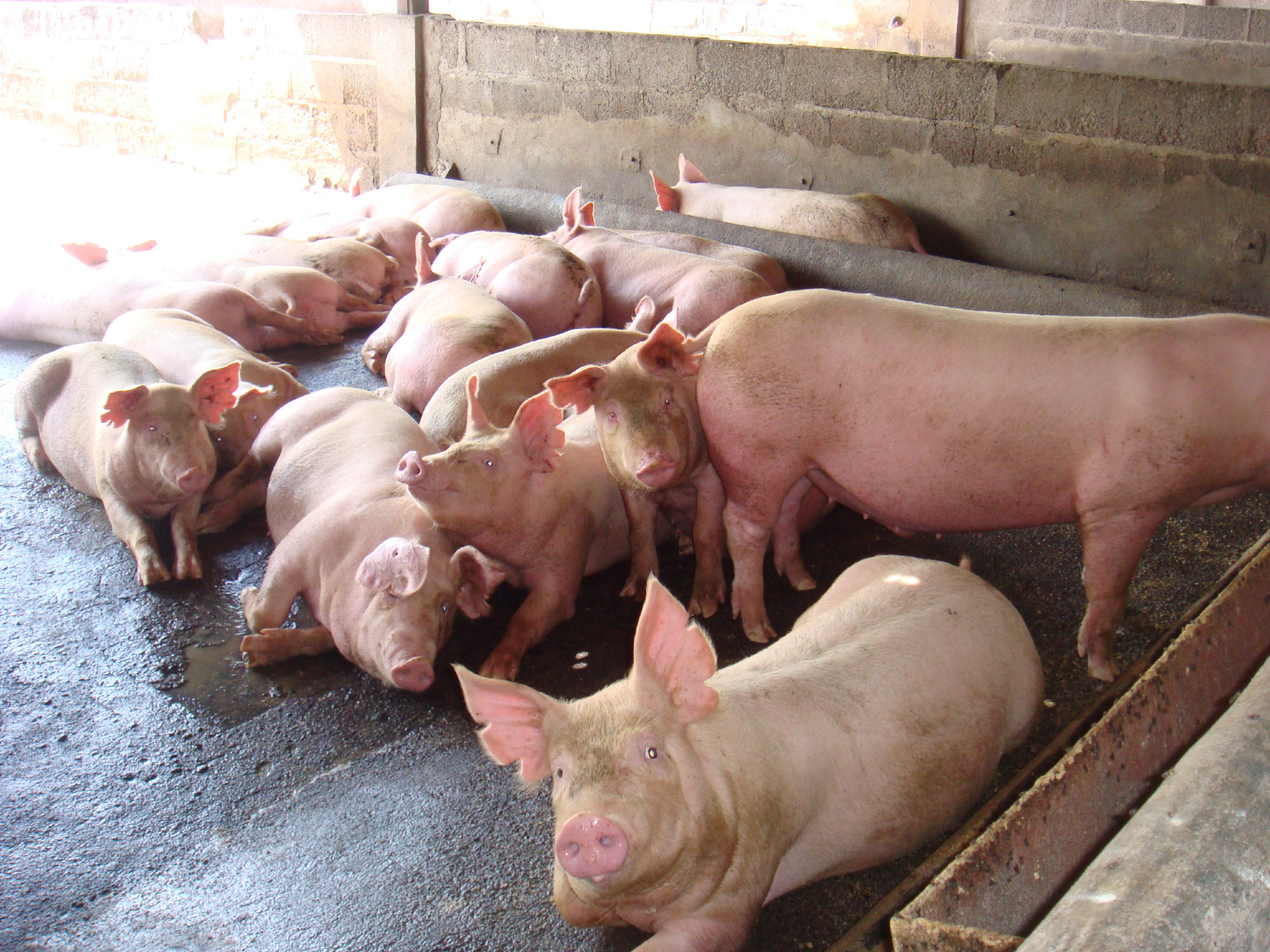
The Philippines has issued new rules to strengthen its defenses against African swine fever (ASF) while ensuring safe pork and swine imports.
Agriculture Secretary Francisco Tiu Laurel signed a new administrative circular that introduces ASF regionalization, allowing recognition of ASF-free zones within exporting countries. The approach aligns with World Organization for Animal Health (WOAH) standards.
The Department of Agriculture (DA) is implementing a national zoning and movement plan to identify disease-free areas. This supports science-based monitoring and safe trade.
ASF-free zones and import protocols
Only DA-accredited countries may apply for ASF regionalization recognition. Their veterinary authorities must submit detailed documentation, including:
The Bureau of Animal Industry (BAI) will conduct at six-month technical review through its Risk Import Assessment Team. This ensures adherence to DA and international standards.
Following evaluation, the BAI will inform the exporting country of the results. Approved applications include a draft ASF Regionalization Agreement and a Veterinary Health Certificate template.
Bilateral recognition begins once both countries’ Chief Veterinary Officers sign the agreement and the DA issues a Memorandum Order.
Health safeguards for live pigs and pork products
The circular applies only to commodities under existing DA export accreditation. Exporting countries must also submit annual ASF status reports.
Live pigs must:
Meanwhile, pig products must:
All procedures must follow WOAH standards.
The circular also requires a review after two years to ensure continued relevance. Any previous rules inconsistent with the new order are repealed or revised.
Mr Tiu Laurel said the order balances food security with strict animal health safeguards. He emphasized protecting local producers while enabling responsible, science-based trade.
Subscribe now to the technical pig magazine
AUTHORS
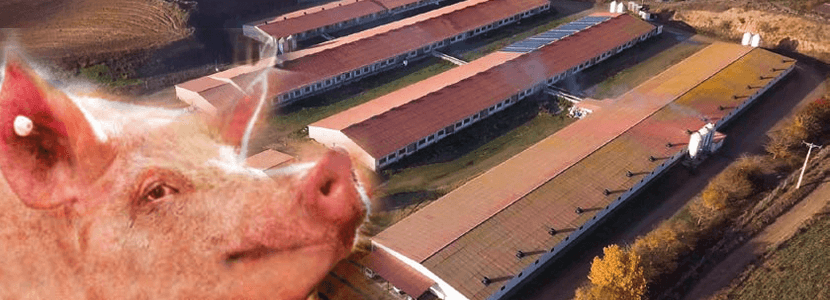
Bifet Gracia Farm & Nedap – Automated feeding in swine nurseries

The importance of Water on pig farms
Fernando Laguna Arán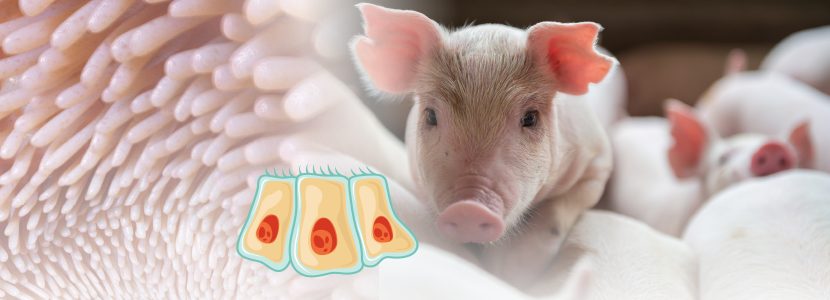
Microbiota & Intestinal Barrier Integrity – Keys to Piglet Health
Alberto Morillo Alujas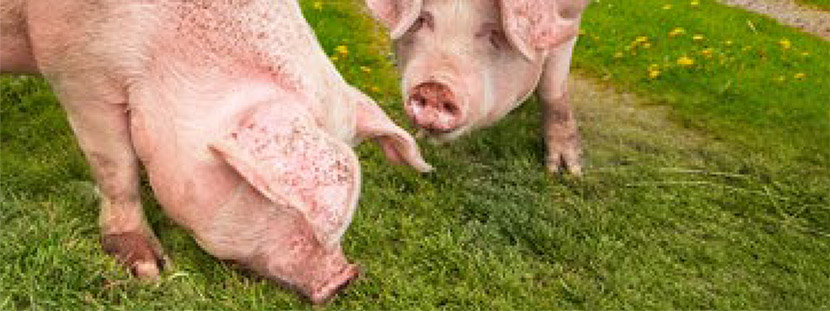
Impact of Reducing Antibiotic use, the Dutch experience
Ron Bergevoet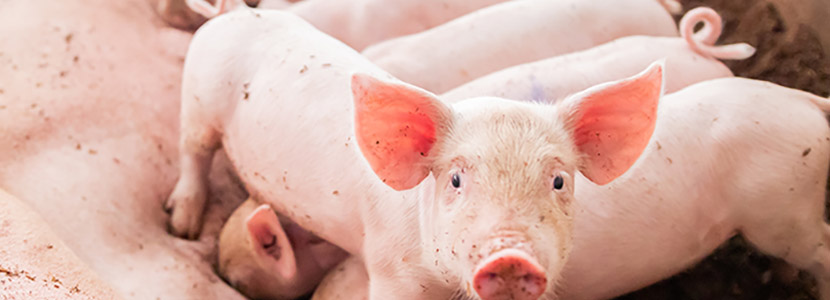
The keys to successful Lactation in hyperprolific sows
Mercedes Sebastián Lafuente
Addressing the challenge of Management in Transition
Víctor Fernández Segundo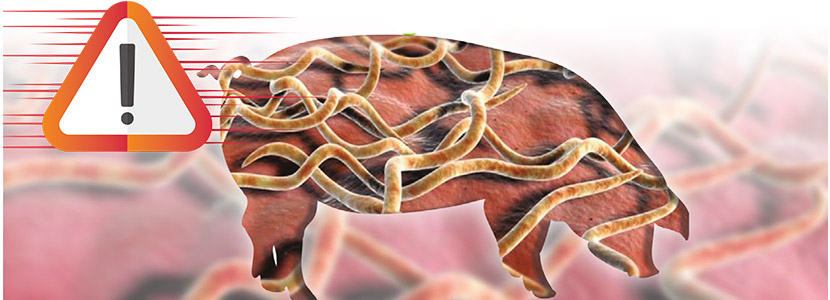
Dealing with the rise of Swine Dysentery
Roberto M. C. Guedes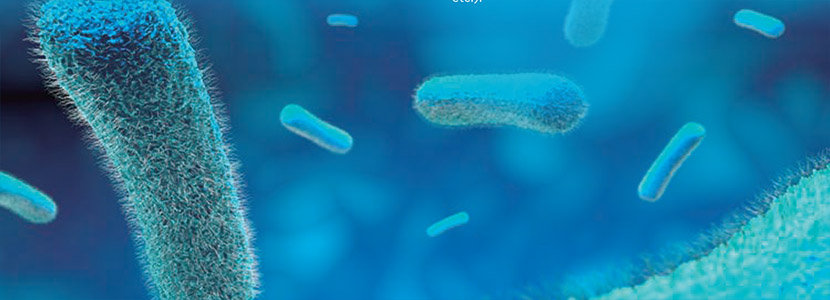
Actinobacillus pleuropneumoniae – What are we dealing with?
Marcelo Gottschalk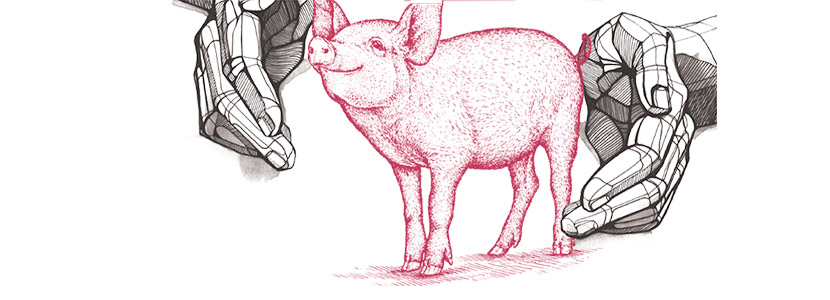
The new era of Animal Welfare in Pig Production – Are we ready?
Antonio Velarde
Gut health in piglets – What can we do to measure and improve it?
Alberto Morillo Alujas
Interview with Cristina Massot – Animal Health in Europe after April 2021
Cristina Massot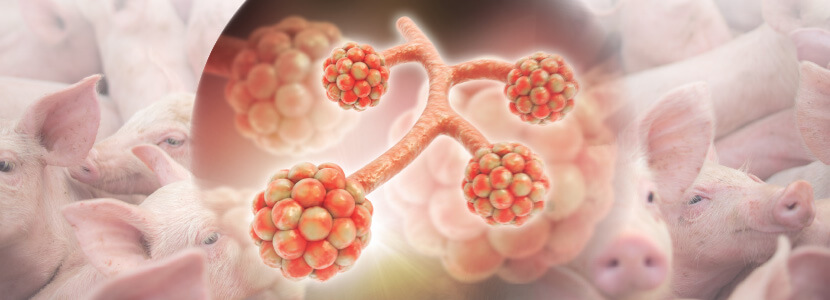
Differential diagnosis of respiratory processes in pigs
Desirée Martín Jurado Gema Chacón Pérez